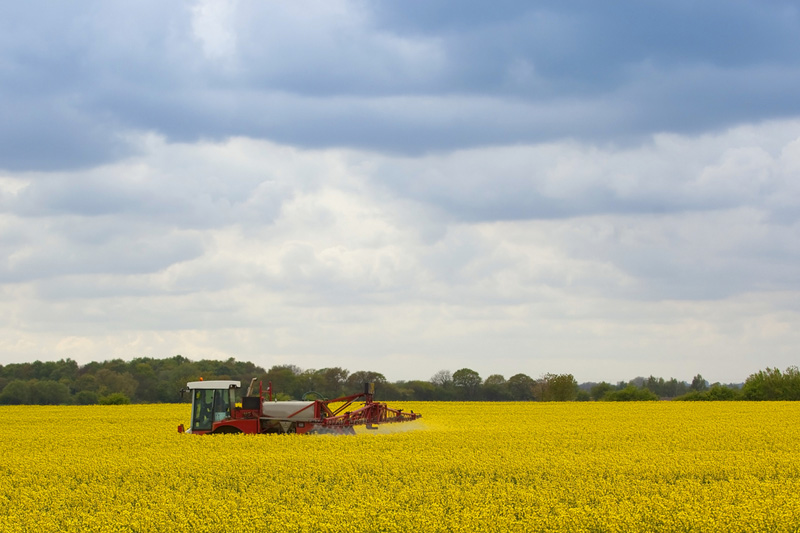By Rod Nickel
WINNIPEG, Manitoba, May 23 (Reuters) - Heavy rain forecast for the soggiest parts of the Canadian Prairies this week is likely to further delay plantings in the world's biggest canola exporting country, meteorologists say.
The rain, forecast to hit the provinces of Alberta and Saskatchewan on Wednesday and Thursday respectively, would be the latest blow to farmers who could not harvest all of their canola and wheat last autumn due to wet conditions that stretched into spring.
"There's a lot of people who have barely started (planting)," said Laramie Eyben, who farms near Vermilion, Alberta, and has fields too muddy to drive across. "There will be people who don't get half their crop seeded."
Most planting in the western farm belt is finished in May.
Environment Canada, a government agency, said in a statement on Tuesday that 30 to 75 mm (1.2 to 3 inches) of rain will reach west central Alberta by Wednesday.
"The entire northern two-thirds of Alberta, northern one-quarter of Saskatchewan, they don't need a single drop of rain. Every bit of it is too much," said Drew Lerner, senior agricultural meteorologist of World Weather Inc.
Alberta farmers have until June 5 to plant grain and canola to qualify for insurance on crop quality, and until June 20 to qualify for yield insurance.
Eyben said he may switch plans to sow canola on 800 acres and instead sow barley, a shorter-season crop that has time to mature after a later planting date.
The rain will slow planting, but dry weather is likely to follow for more than a week, said Joel Widenor, meteorologist at Commodity Weather Group.
"It will put a dent into progress, but with that drydown after, I would expect to see at least some recovery," he said.
Thirty-one percent of Alberta farmland was planted as of May 16, less than half of the five-year average pace, the government said. GRO/ALB The pace is closer to normal in Saskatchewan. GRO/SAS
ICE Canada November canola futures RSX7 were up 0.4 percent on Tuesday around midday. The weather-fueled increase was capped by factors including a surge in the Canadian dollar, a dip in profit margins for canola processors and lower soybean prices, said Keith Ferley, a commodity trader at RBC. (Editing by Matthew Lewis)
